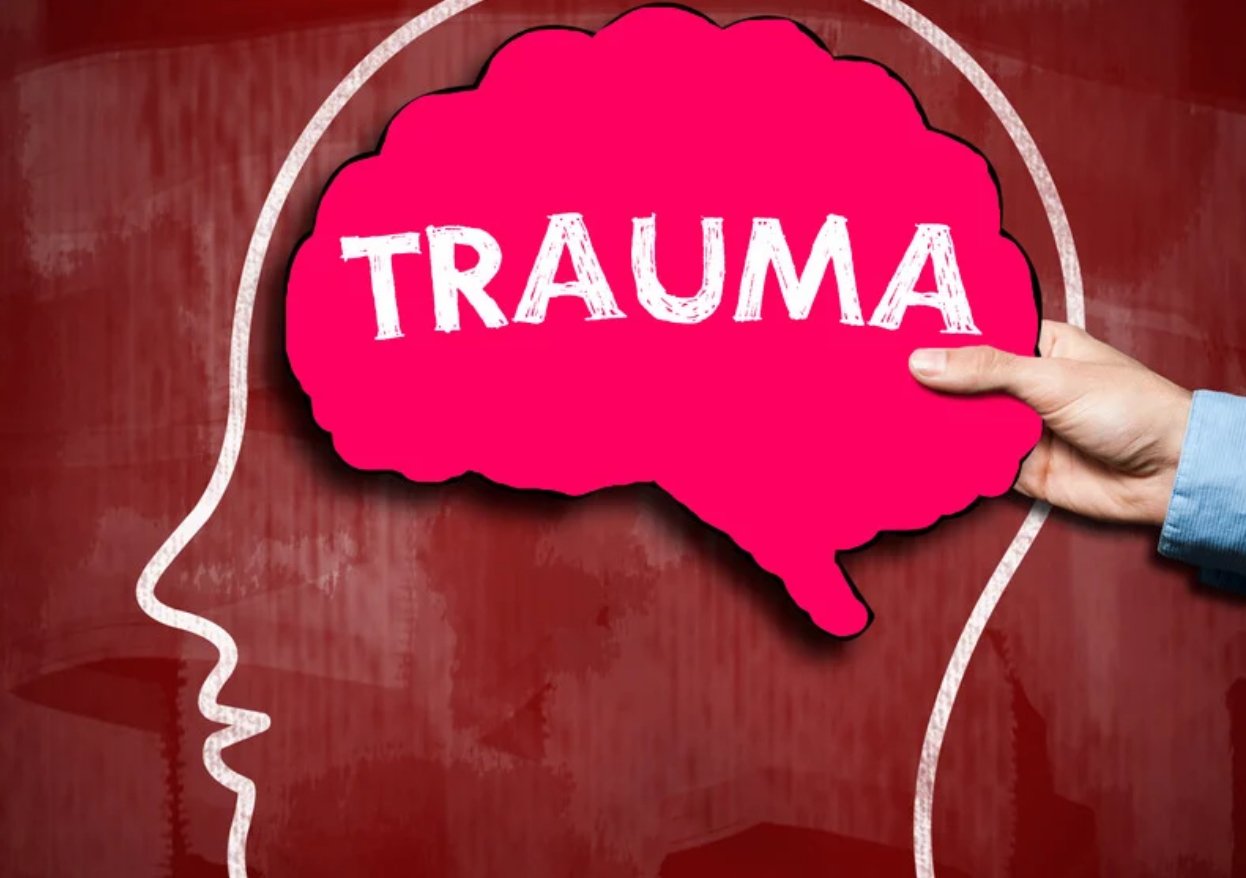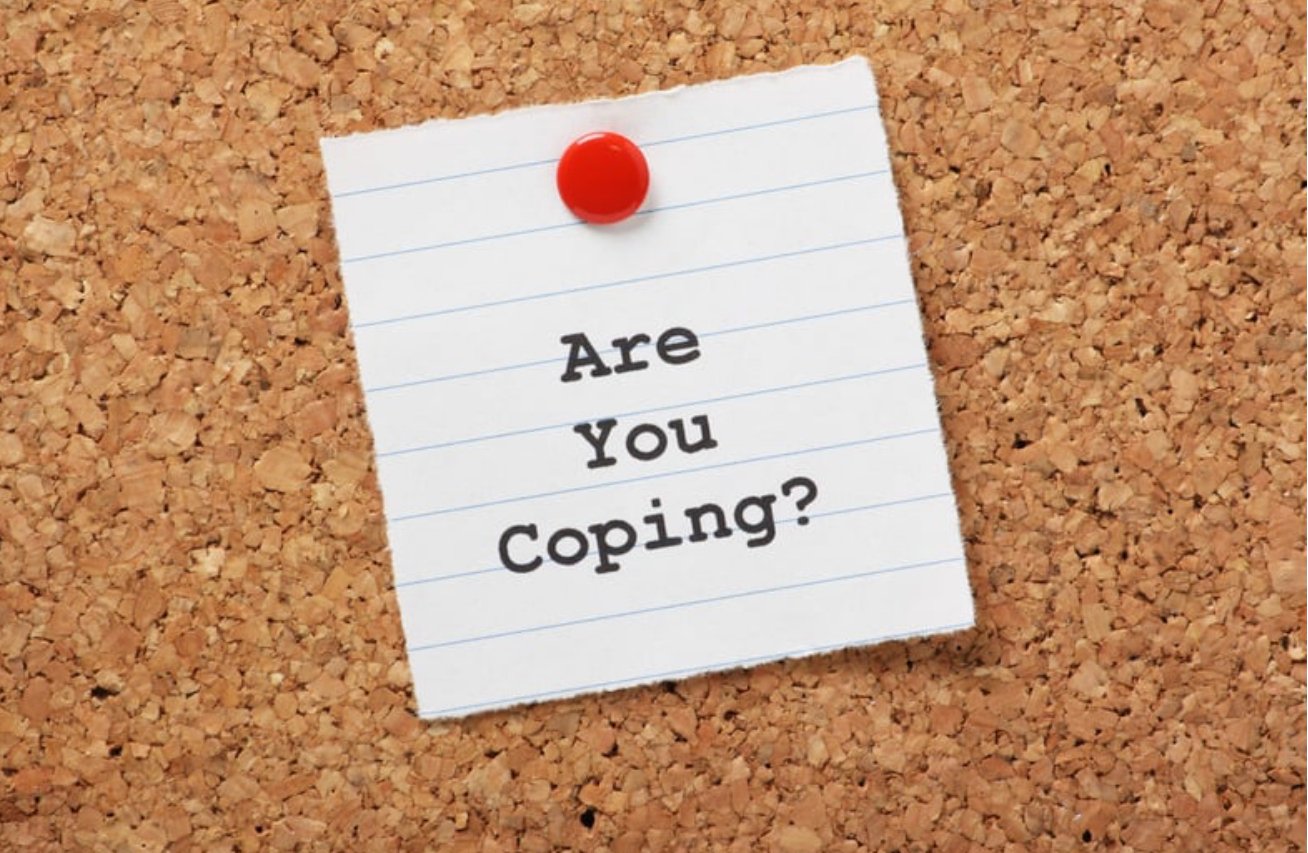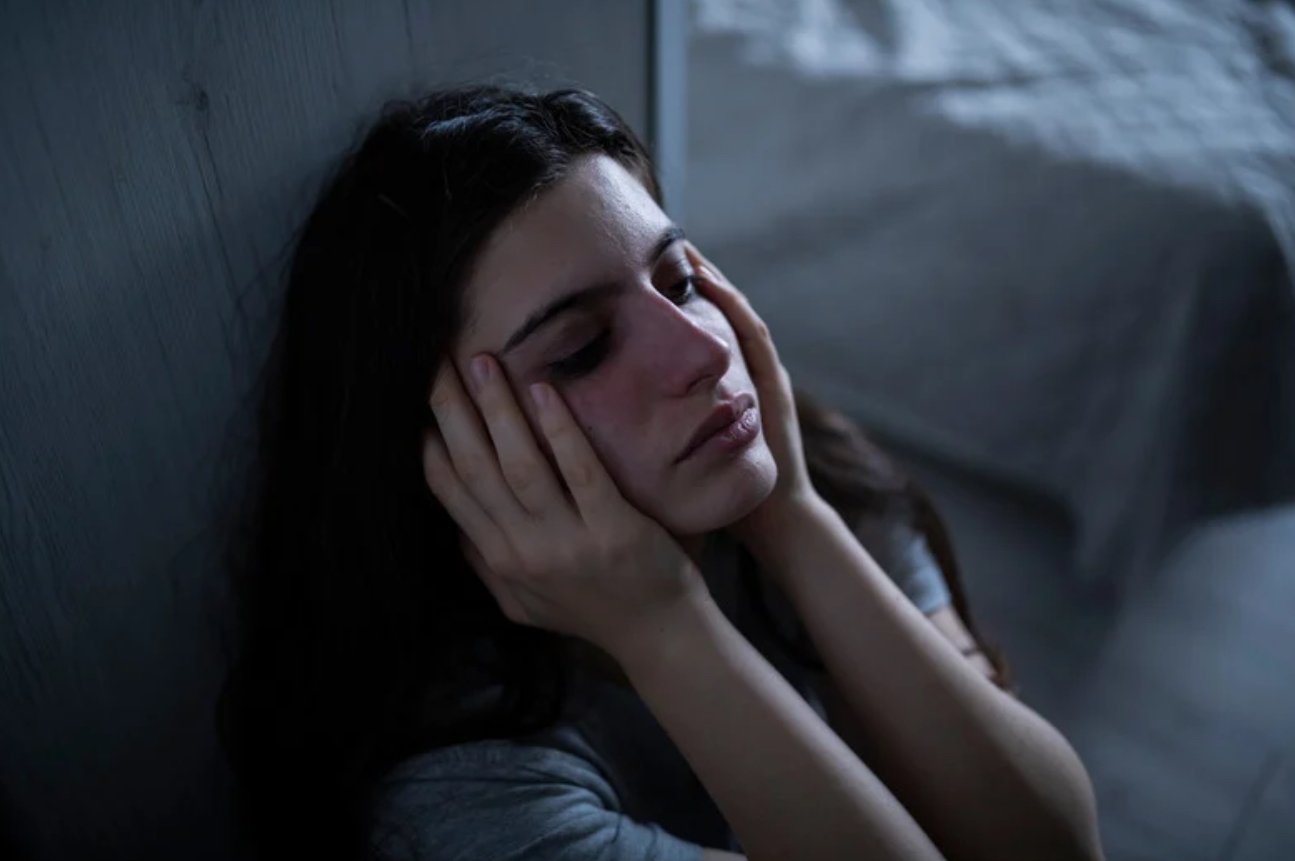
The Science of Addiction: How Substances Affect the Brain
Addiction is a complex and multifaceted condition that profoundly affects the brain. Understanding the neuroscience behind addiction can provide valuable insights into how it influences behavior and the most effective treatment strategies. This blog post delves deep into the science of addiction, examining how substances interact with the brain and the implications for recovery.

Hurricane Beryl Creates a Breeding Ground for Relapse
The recent onslaught of Hurricane Beryl in Houston has brought more than just physical devastation; it has created a precarious situation for those in recovery from substance abuse. The combination of extreme weather, lack of electricity and internet, absence of entertainment, and the unbearable heat forms the perfect breeding ground for relapse. This blog post delves into the specific challenges posed by Hurricane Beryl and why these conditions make maintaining sobriety especially difficult.

Harm Reduction Strategies: Reducing Risks in Substance Use
Harm reduction is a pragmatic approach that aims to minimize the adverse health, social, and economic impacts of substance use without necessarily requiring abstinence. This comprehensive guide explores various harm reduction strategies and their potential to improve outcomes for people who use drugs.

Relapse Prevention: Strategies and Tools for Maintaining Sobriety
Relapse prevention is a crucial aspect of the journey to long-term sobriety for individuals recovering from substance use disorders. Relapse is common and can be part of the recovery process, but there are numerous strategies and tools available to help maintain sobriety and navigate potential setbacks. This extensive blog post will explore the concept of relapse, identify common triggers, and provide comprehensive strategies and tools for relapse prevention.

Family and Support Systems: Their Role in Substance Use Recovery
Substance use recovery is a complex and challenging journey that often requires more than just the individual’s efforts. Family and support systems play a crucial role in the recovery process, providing emotional support, practical assistance, and a sense of community that can significantly impact the success of treatment and long-term sobriety. This comprehensive blog post explores the importance of family and support systems in substance use recovery, the challenges they may face, and strategies to maximize their positive influence.

The Intersection of Trauma and Substance Use: Understanding the Link and How Therapy Can Address Both
Trauma and substance use are intricately linked, creating a vicious cycle that can be challenging to break. Understanding this intersection is crucial for effective treatment and recovery. This comprehensive blog post delves into the relationship between trauma and substance use, the impact on mental health, and how therapy can address both.

Coping Strategies for Managing Anxiety: Practical Tips and Techniques
This blog post will provide an in-depth look at practical coping strategies for managing anxiety, including mindfulness, breathing exercises, and grounding techniques. By incorporating these strategies into your daily routine, you can reduce anxiety symptoms and improve your well-being.

The Role of Medication in Treating Anxiety
Understanding the various medications available, their benefits, and potential side effects can help individuals make informed decisions about their mental health care. This comprehensive guide explores the different types of medications used to treat anxiety, their mechanisms of action, and considerations for their use.

Technology and Anxiety: Managing Screen Time and Digital Overload
In today’s digital age, technology is an integral part of our lives. From smartphones to laptops, screens are everywhere, constantly connecting us to the world. However, excessive screen time can take a toll on our mental health, particularly contributing to increased anxiety levels. As a therapist, I understand the challenges of managing digital overload and the importance of creating a healthier relationship with technology. In this blog post, we will explore the impact of excessive screen time on anxiety and provide practical tips for managing screen time and reducing digital overload.

How Therapy Can Help with Anxiety
This blog post will explore different therapeutic modalities for anxiety, including cognitive-behavioral therapy (CBT), exposure therapy, and mindfulness-based therapies.

Parenting with Anxiety: Tips for Managing Stress and Setting a Positive Example
Parenting is a demanding journey, filled with joy, challenges, and countless responsibilities. For parents who struggle with anxiety, this journey can be even more complex. Anxiety can affect the way parents interact with their children and handle daily stresses, but with the right strategies, it is possible to manage anxiety and set a positive example for children. This blog post offers advice for parents dealing with anxiety, focusing on coping mechanisms and ways to foster a nurturing environment.

Understanding and Managing Social Anxiety
Social anxiety disorder (SAD) is a pervasive and often debilitating condition that can significantly impact one’s social interactions and overall quality of life. It is characterized by an intense fear of being judged, embarrassed, or humiliated in social situations, leading to avoidance behaviors and distress. This blog post aims to provide insights into the nature of social anxiety, its effects on social interactions, and practical strategies to manage and cope with this condition.

Anxiety in the Workplace: Tips for Managing Stress at Work
Anxiety in the workplace is a common issue that affects many professionals. The pressure to meet deadlines, juggle multiple tasks, and maintain a work-life balance can be overwhelming. However, with the right strategies, it is possible to manage anxiety and create a healthier work environment. Here are some tips for handling anxiety in a professional setting.

Anxiety and Relationships: How to Support Your Partner and Yourself
Anxiety can significantly impact various aspects of life, including relationships. Whether you or your partner is dealing with anxiety, it can pose challenges that affect your emotional connection and overall relationship dynamics. However, with the right strategies, you can maintain a healthy relationship while managing anxiety. This blog post will explore tips for supporting your partner and yourself, effective communication strategies, and the benefits of seeking couples counseling.

Running and Anxiety: How Hitting the Pavement Can Soothe the Mind
Anxiety is a pervasive issue affecting countless individuals worldwide. While there are various treatments available, ranging from medication to therapy, one natural and effective way to manage anxiety is through running. This form of exercise not only promotes physical health but also has profound benefits for mental well-being. In this blog post, we will delve into how running can help alleviate anxiety, the science behind the runner's high and endorphins, and the social benefits that come with this activity.

Natural Remedies for Anxiety: What Works and What Doesn’t
Anxiety is a common mental health concern affecting millions worldwide. While traditional treatments such as cognitive-behavioral therapy (CBT) and medications are highly effective, many individuals seek natural remedies to manage their symptoms. This blog post explores the effectiveness of various alternative treatments, including herbal supplements, acupuncture, and aromatherapy.

The Relationship Between Anxiety and Substance Abuse
Anxiety and substance abuse are deeply intertwined, creating a complex and often destructive cycle that can be challenging to break. Understanding the relationship between these two conditions is crucial for effective treatment and recovery.

The Importance of Self-Care in Managing Anxiety
In our fast-paced world, the importance of self-care cannot be overstated, especially when it comes to managing anxiety. Self-care is more than just a buzzword; it is a vital practice for maintaining mental health and overall well-being.

Creating an Anxiety-Friendly Home Environment
Our living spaces have a profound impact on our mental health and well-being. For individuals struggling with anxiety, creating an environment that promotes relaxation and reduces stress is essential. This blog post offers practical tips for making your home a sanctuary where you can unwind and feel more at ease.

The Connection Between Anxiety and Depression
Anxiety and depression are two of the most common mental health disorders, and they often occur together. Understanding the connection between these conditions is crucial for effective treatment and management. This blog post explores the intricate link between anxiety and depression and offers strategies for addressing both conditions simultaneously.

